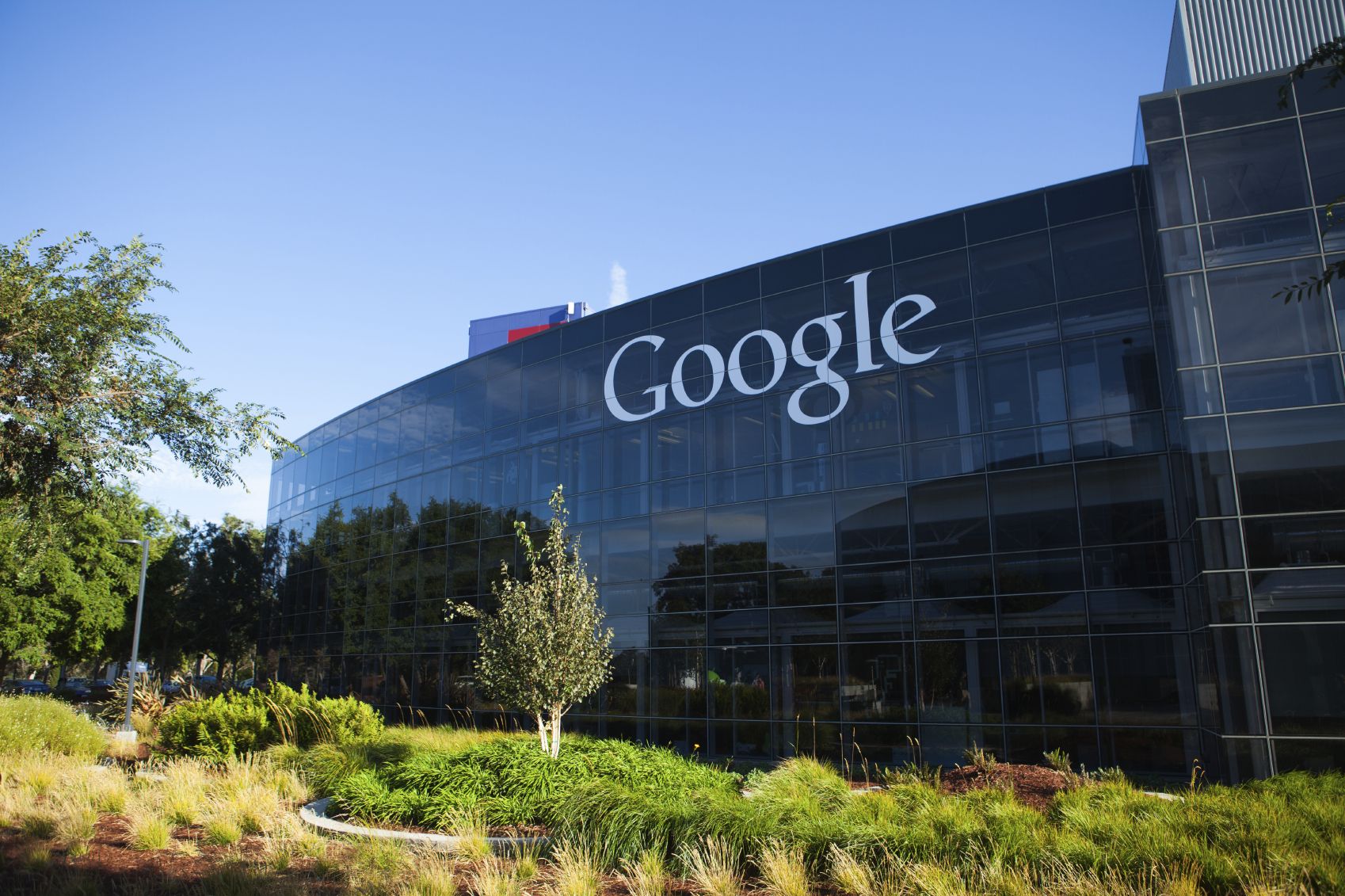Google Tries Their Own Voting System: A Liquid Democracy Experiment
Although not the only search engine in the world, Google is by far the largest and has expanded into many different areas of the web. Including their social media site, Google+ and acquiring Youtube, Google is an incredibly large force that won’t be reckoned with anytime soon. Google has recently tried their own hand at creating an online voting platform through their Google+ services that would encourage liquid democracy in a brand new way.
Abstract
This paper introduces Google Votes, an experiment in liquid democracy built on Google’s internal corporate Google+ social network. Liquid democracy decision-making systems can scale to cover large groups by enabling voters to delegate their votes to other voters. This approach is in contrast to direct democracy systems where voters vote directly on issues, and representative democracy systems where voters elect representatives to vote on issues for them. Liquid democracy systems can provide many of the benefits of both direct and representative democracy systems with few of the weaknesses. Thus far, high implementation complexity and infrastructure costs have prevented widespread adoption. Google Votes demonstrates how the use of social-networking technology can overcome these barriers and enable practical liquid democracy systems. The case-study of Google Votes usage at Google over a 3 year timeframe is included, as well as a framework for evaluating vote visibility called the “Golden Rule of Liquid Democracy”.
Introduction
Effective decision making is a challenge for any structured group. It can be time consuming, inefficient and frustrating since it depends on many different aspects of group dynamics (Postmes, Spears and Cihangir 2001). Democratic decision-making systems have great promise since 1) they can take input from many group members with diverse knowledge and experience, and 2) the generated decisions gain legitimacy from the democratic nature of the process improving chances for successful execution (Council of Europe 2008). Many decision-making systems take the name “democracy” and claim to follow ideas in accordance with the meaning of the original Greek word δημοκρατία, “rule of the people” (Liddell and Scott 1889). In practice, they often have low group engagement and only small sub-groups of people contribute ideas and decide among them (Noveck 2009; Serrano 2015).
This paper argues that liquid democracy is a particularly promising form for democratic decision-making systems and building liquid democracy systems on social-networking software is a practical approach. It presents the Google Votes system built on Google’s internal corporate Google+ social network. Google Votes is an experiment in applying liquid democracy to decision-making in the corporate environment. It was developed in 20% time (Schmidt and Rosenberg 2014) by a small group of Google engineers. The concepts related to the topic will be described next, followed by an overview of the system and the specific case study of 3 years usage at Google.
Liquid Democracy
Democratic voting systems generally employ a form of direct democracy where everyone votes directly, or representative democracy where a small set of representatives vote on behalf of the larger group (Ford 2002). Figure 1 gives a direct democracy example where voters (circles) vote (solid-head arrows) directly on issues (squares), and a representative democracy example where voters elect (open-head arrows) representatives (large circles) who vote on issues.
Google Votes: A Liquid Democracy Experiment on a Corporate Social Network: tdcommons.org


